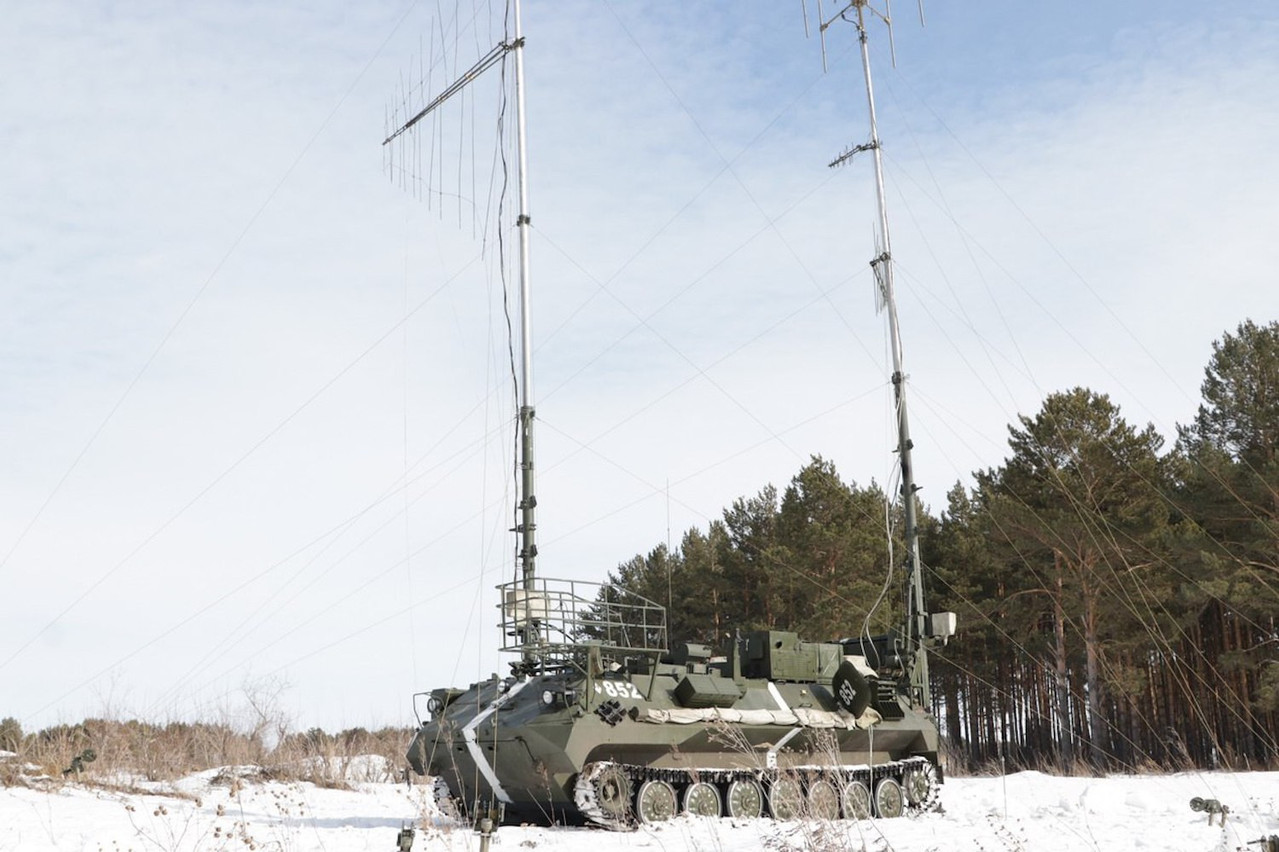Russia has been developing ground-based satellite jamming technologies for a quarter of a century. On Thursday, Luxembourg joined the list of countries that have complained about this little-known electronic war.
Luxembourg satellite operator SES acknowledged on 20 June 2024 that one of its high-orbit satellites, Astra 4, had been the target of jamming of the signal from its Luxembourg ground base. “Luxembourg and other administrations have initiated the regulatory process within the International Telecommunication Union,” said an SES spokesperson. “This has affected the distribution of video content from customers in Europe.” The satellite was not hacked, but its signal was scrambled, which affected the transmission of its signal and deprived end users of their product.
Earlier in the day, Bloomberg that Sweden, France and the Netherlands had also lodged complaints with the International Telecommunication Union, which coordinates the global sharing of radio frequencies and satellite orbits ahead of a crucial meeting on the issue.
Astra 4 was launched in 2007 at 5 degrees East to provide television services to Ukraine. It serves Eastern Europe in particular.
In some cases recently, and in particular since the start of Russia’s invasion of Ukraine, airlines have had to cancel flights or take emergency measures, fearing that the GPS signal will be disrupted by interference, making it impossible for them to know exactly where their aircraft is or where other aircraft are. Since September 2023, “2,309 Ryanair flights and 1,368 Wizz Air aircraft have experienced satellite navigation problems in the Baltic region”, as well as “82 British Airways flights, seven Jet2 flights, four EasyJet flights and seven operated by TUI”, the Financial Times in April.
Since 2015, Russia has had second-generation Borisoglebsk, a technology developed by Sozvezdie and mounted on all-terrain vehicles, capable of intercepting and jamming HF/UHF radio communications and GPS signals. Deployed in Syria and along Russia’s borders, now probably in the Kaliningrad enclave, Borisoglebsk-2s are also invaluable in preventing drones from affecting military operations.
Originally published in French by and translated for Delano
